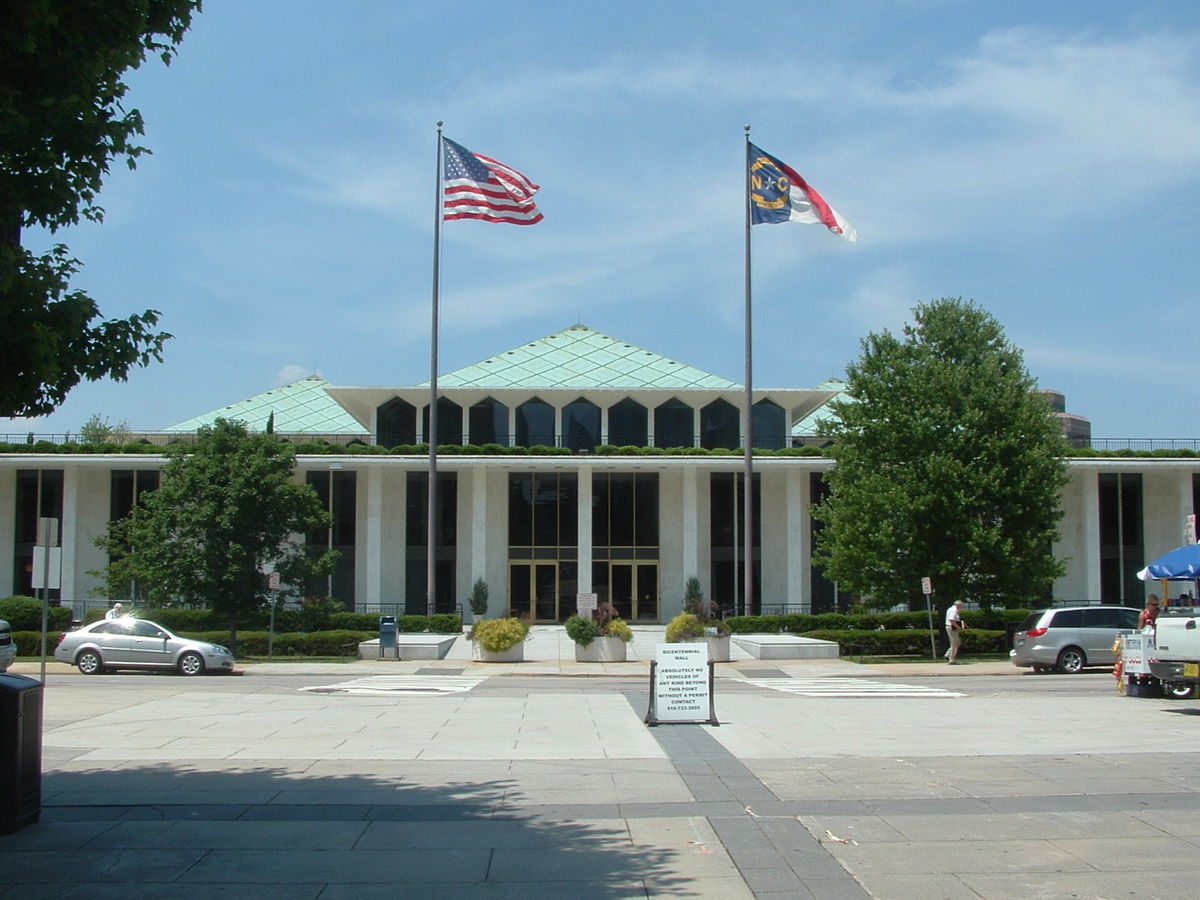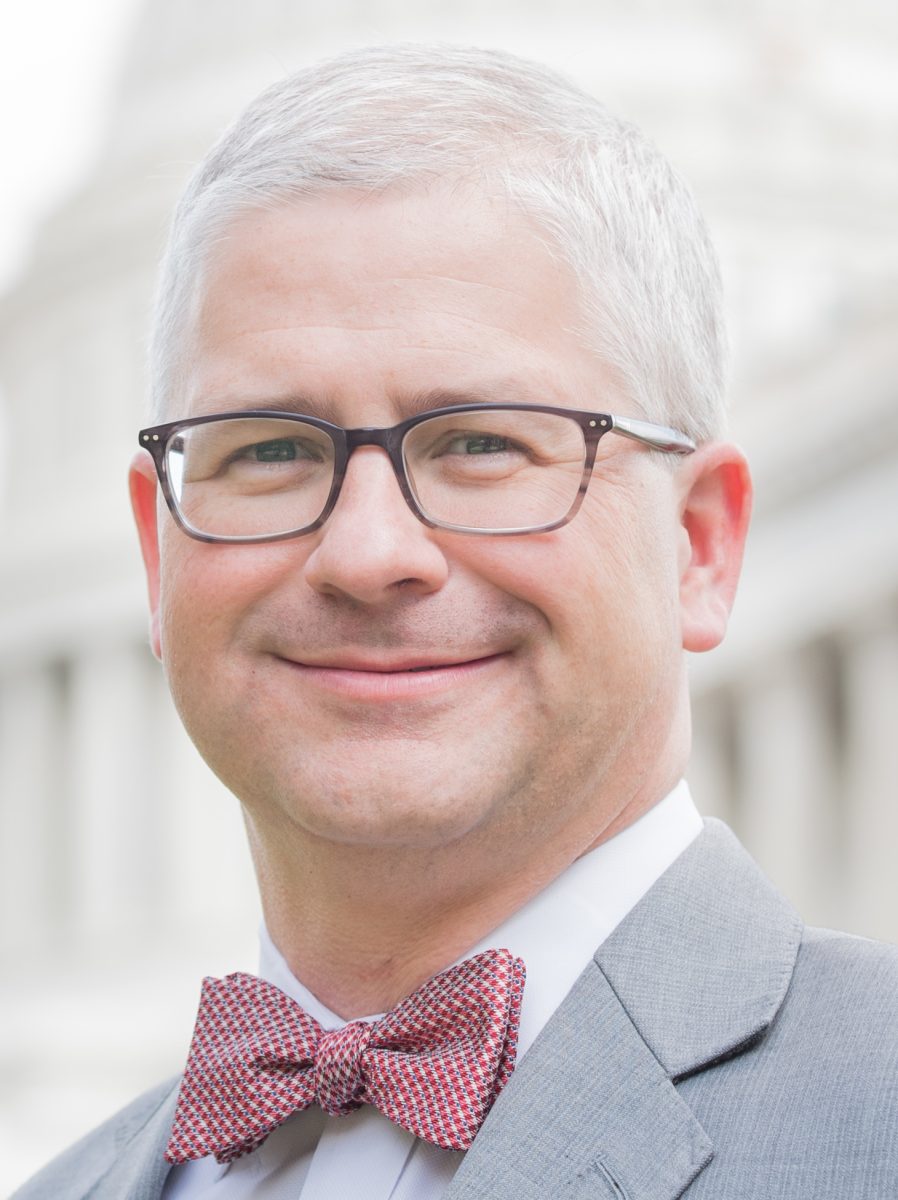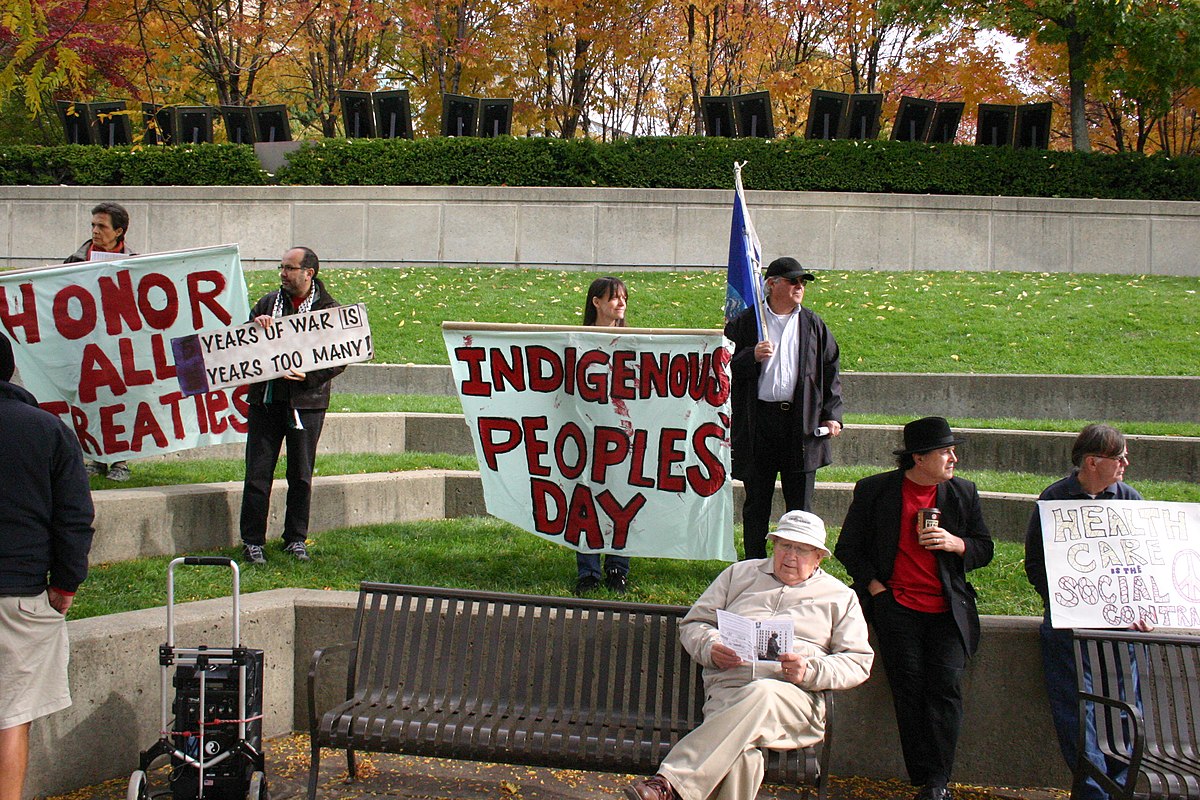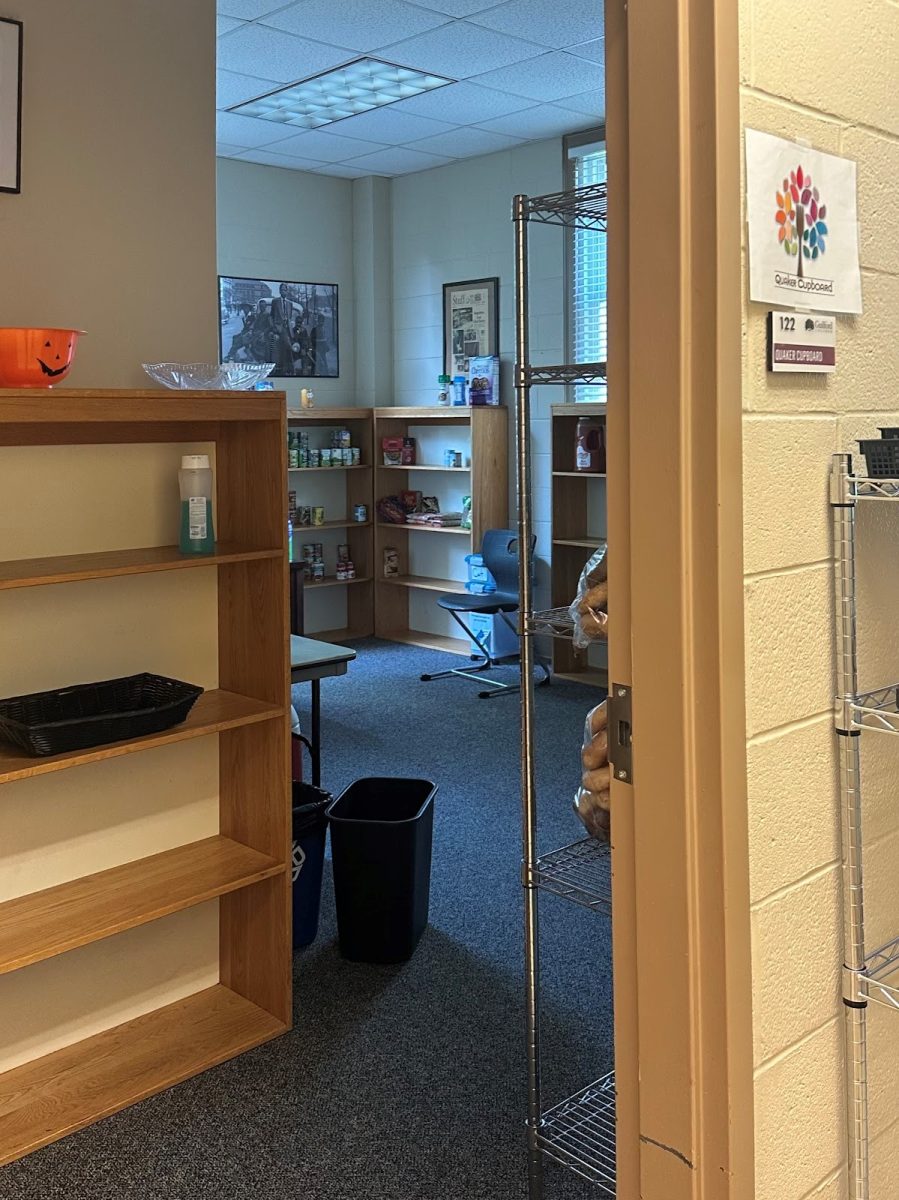The NC state legislature recently overrode Governor Roy Cooper’s veto on the “Parents Bill of Rights,” NC Senate Bill 49. This controversial bill severely restricts the rights of LGBTQ+ students, forbidding teachers from mentioning the existence of gay or transgender people before the fourth grade, and forcing K-12 teachers to out queer students to their parents.
Across the nation, more and more laws like this are being passed, restricting the rights of LGBTQ+ citizens and especially LGBTQ+ minors. Many of these laws, such as Florida’s recent Parental Rights in Education Act, often referred to as the “Don’t Say Gay” bill, focus on the education system. These bills have received widespread support from conservative politicians and advocacy groups, who argue that these laws are not about restricting the rights of LGBTQ+ students, but about protecting the rights of their parents–this is the reason that SB49 has been called the “Parents Bill of Rights.”
Supporters of the bill say that parents have a right to know about their child’s personal life, with the bill itself saying that parents have the right to “direct the upbringing and moral or religious training of his or her child.” There is legal precedent for this kind of information sharing in the education system–parents can already request information about drug use, pregnancy, failing grades and other items of concern.
Those in favor of the bill have offered no arguments supporting it from the student’s point of view. From a student perspective, the bill is invasive, controlling or even dangerous. Many LGBTQ+ students conceal their identity from their parents out of fear that they might be hurt or neglected.
This was the case for a transgender Early College student I interviewed. He told me that he had not yet taken steps to raise awareness about the bill, as he doesn’t know how to. When I asked if there was anything specific preventing him from doing so, he told me it was his parents, and that he was afraid of how they might react. He is, however, out to almost all of his high school teachers.
Fortunately for him, the bill passed after he was finished with high school, so none of his former teachers are required to out him. But for him and others in his situation, domestic abuse is a very real threat students might face should the bill go through.
Another concern is that this bill might be a stepping stone for other similar laws. In the interview, I asked the student if he was worried about similar laws passing.
“Yes, I am,” he said, “but I don’t know how I can stop them.”
The student said that he was unaware of the bill before I told him about it, but that he was aware of the groups that supported it.
“There were anti-trans bills in basically every state, and now you have this,” he said.
The nationwide movements that pushed for laws like this one have been well-publicized, and have been supported by right wing media and politicians. Among the most supportive of these politicians is Ron DeSantis, governor of Florida and a current Republican presidential candidate. While most Democrat-controlled states have not passed laws like SB49, if DeSantis wins the presidency, there is a chance that such laws might pass on a much larger scale.
“The whole bill passing thing–it can’t really be put into practice efficiently or effectively,” a second anonymous trans student I interviewed said. “The reason they’re doing it is so that when they go a step further and try to get rid of trans people altogether, that’s easier.”
This is a criticism many opposed to SB49 share, and it is also one that is often leveled against Florida’s “Don’t Say Gay” bill. Banning discussion of queerness and queer issues from younger classrooms leads to a lack of awareness about those topics in older students, and this lack of knowledge can be easily turned into hate aimed towards queer and trans people.
The passage of SB49 has been seen as a disaster for LGBTQ+ students, and many are afraid of the future it may bring. According to the first student I interviewed, breaking the law and not outing queer students would be the “morally correct option” for teachers to take in response to the bill. While he has not taken any action against it yet, he encourages others to fight back, telling them to “protest and disobey the law.”
SB49 is part of a series of anti-gay and anti-trans pieces of legislation being passed nationwide, seen by many as making the world more dangerous for trans people, especially trans youth. This is not the first instance of such legislation being passed in North Carolina, and it likely won’t be the last.













